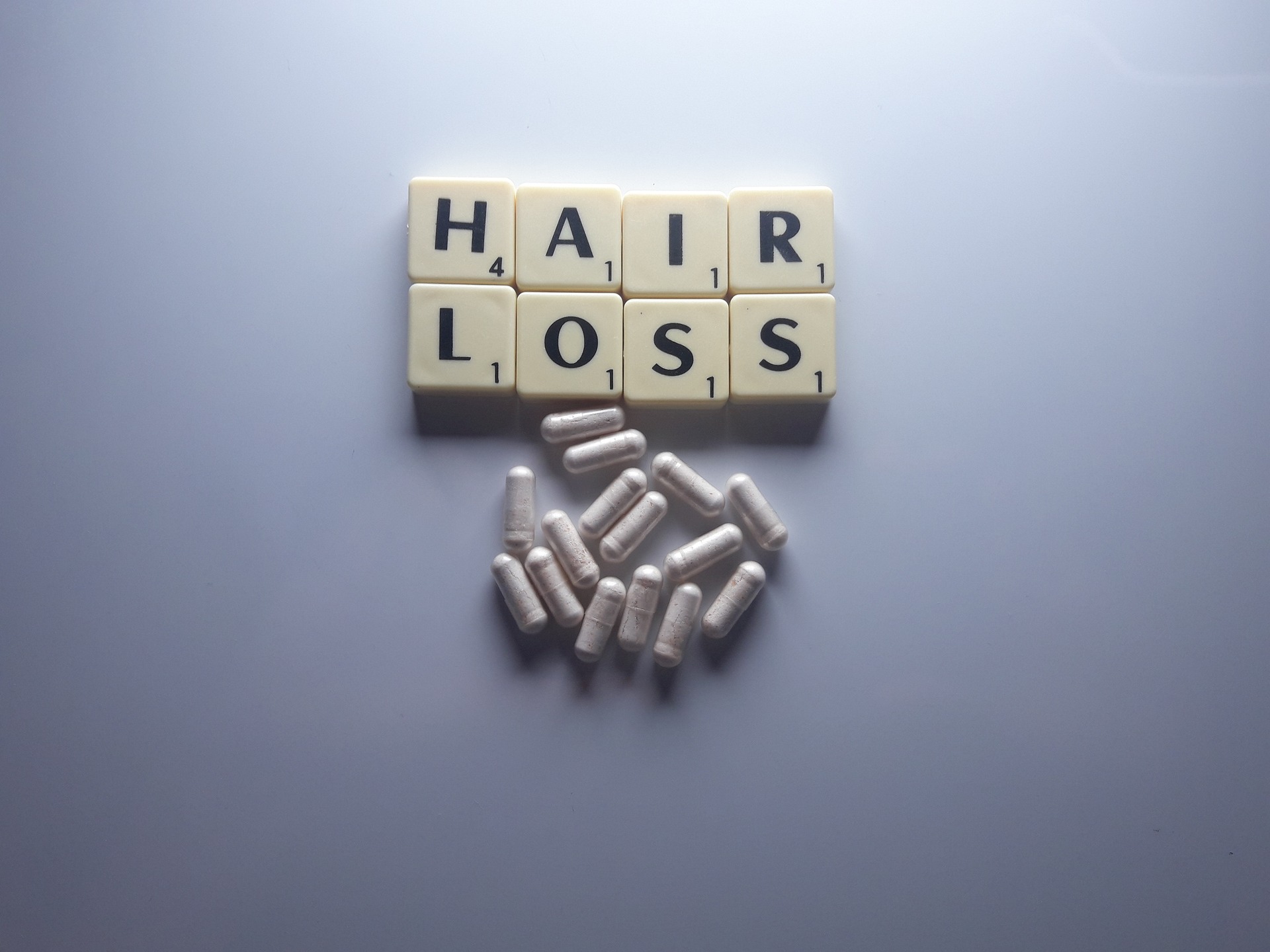A holistic approach is An alternative to pharmaceutical treatments
While pharmaceutical treatments like Minoxidil, Finasteride, Dutasteride, and Spironolactone are commonly prescribed for hair loss, a holistic approach offers numerous advantages that make it a more sustainable, affordable, and healthier option. Here’s a detailed argument in favor of holistic methods:
- Sustainability
Natural and Minimally Invasive:
Diet and Nutrition: Proper nutrition, including vitamins and minerals such as biotin, zinc, iron, and vitamins A, C, D, and E, plays a crucial role in hair health. A diet rich in whole foods can naturally support hair growth and prevent further loss.
Lifestyle Changes: Stress reduction techniques like yoga, meditation, and regular exercise can improve overall well-being and promote a healthier scalp environment.
Preventative Focus: Holistic medicine emphasizes prevention by addressing lifestyle, nutrition, and mental health, reducing the likelihood of chronic diseases
Environmental Impact:
Holistic treatments often involve natural products and methods that have a lower environmental footprint compared to the production and disposal of pharmaceuticals, which can involve chemical manufacturing processes and packaging waste.
Environmental Impact: Many holistic practices, such as organic eating and natural remedies, often promote sustainable agriculture and reduced environmental pollution. Reduced Dependency
Less Reliance on Pharmaceuticals: By focusing on natural remedies and lifestyle changes, holistic approaches can reduce dependency on pharmaceuticals, which have significant environmental footprints from production to disposal
- Affordability
Cost-Effective:
Diet and Supplements: Maintaining a healthy diet and using over-the-counter supplements is generally more affordable in the long run than prescription medications.
DIY Remedies: Many natural remedies can be prepared at home at a fraction of the cost of commercial treatments.
Affordable Treatments: Many holistic remedies, such as herbal supplements, essential oils, and dietary adjustments, can be less expensive than prescription medications and repeated doctor visits.
Preventative Care: Investing in prevention through a healthy lifestyle is typically less expensive than treating diseases after they occur. Regular exercise, healthy eating, and stress management can prevent costly chronic conditions.
Reduced Medical Bills: By maintaining better overall health, individuals may face fewer medical emergencies and chronic conditions, leading to lower healthcare costs over time.
Long-Term Savings:
Pharmaceutical treatments often require continuous use to maintain results, leading to ongoing costs. Holistic approaches, once integrated into daily life, can provide lasting benefits without the recurring expense.
- Health Benefits
Overall Wellness:
A holistic approach addresses the root causes of hair loss, such as hormonal imbalances, poor nutrition, and stress, leading to improvements in overall health. For instance, addressing a vitamin deficiency or managing stress through lifestyle changes benefits more than just hair health.
Comprehensive Care:
Mind-Body Connection: Holistic approaches consider the connection between mental and physical health, addressing issues such as stress, anxiety, and depression, which can improve physical health outcomes.
Personalized Treatment: Treatments are often tailored to the individual, considering their unique physical, emotional, and spiritual needs, leading to more effective and personalized care
Reduced Side Effects:
Pharmaceuticals for hair loss can have side effects such as sexual dysfunction (Finasteride and Dutasteride), skin irritation (Minoxidil), and hormonal imbalances (Spironolactone). Natural methods typically have fewer side effects, making them safer for long-term use.
Natural Remedies: Many natural remedies and lifestyle changes come with fewer side effects compared to pharmaceutical interventions, reducing the risk of adverse reactions and long-term health complications.
Balanced Lifestyle: Emphasizing balance in all areas of life (diet, exercise, mental health) leads to overall well-being, reducing the need for invasive medical interventions.
Promotes Balance:
A holistic regimen encourages balance in the body, supporting not just hair health but also other bodily functions. For example, regular exercise not only improves blood circulation to the scalp but also boosts cardiovascular health.
Practical Holistic Methods for Hair Loss
Nutritional Optimization: Incorporate a diet rich in leafy greens, nuts, seeds, lean proteins, and whole grains. Consider supplements if dietary intake is insufficient.
Scalp Care: Regular scalp massages can enhance blood flow and stimulate hair follicles.
Stress Management: Engage in activities like yoga, meditation, and mindfulness to reduce stress, which is a common cause of hair loss.
Herbal Remedies: Use herbs like saw palmetto, green tea, and ginseng, which are known for their beneficial effects on hair growth.
Avoid Harsh Treatments: Minimize the use of chemical-laden hair products and heat styling tools that can damage hair and scalp health.
A holistic approach to hair loss, focusing on nutrition, lifestyle, and natural remedies, not only fosters a healthier lifestyle but also proves to be cost-effective and environmentally sustainable. It reduces reliance on costly medical treatments and pharmaceuticals, leading to better long-term health outcomes and financial savings. By addressing the root causes of health issues rather than merely treating symptoms, a holistic approach supports a more sustainable, affordable, and healthier way of living. By addressing the underlying causes and promoting overall well-being, holistic methods can lead to long-term benefits that extend beyond hair health. Always consult with a healthcare professional to tailor an approach that best suits your individual needs.
